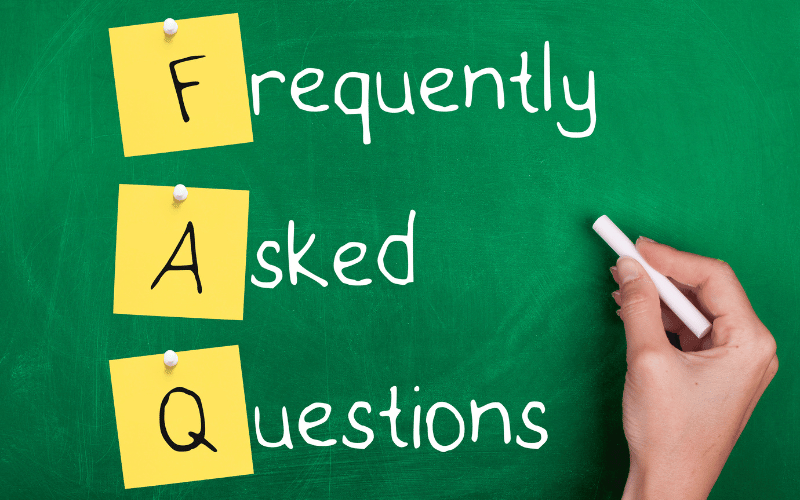Frequently Asked Questions About Prosopagnosia

1. What exactly is prosopagnosia?
Prosopagnosia, often referred to as “face blindness”, is a neurological disorder where individuals struggle to recognize faces, including their own or those of close friends and family. It’s not about vision impairment; rather, it’s an issue with how the brain processes facial information.
2. Can people with prosopagnosia recognize other objects or only faces are affected?
While the most prominent symptom of prosopagnosia is difficulty recognizing faces, the disorder doesn’t affect the ability to recognize other objects. People with this condition can often identify objects, animals, and scenes without issue. However, their challenge lies primarily in facial recognition.
3. Is prosopagnosia a lifelong condition, or can it develop later in life?
Prosopagnosia can be both congenital (present from birth) or acquired (developed later in life due to injury or illness affecting the brain). While some people may be born with it, others might develop face blindness after incidents like strokes, traumatic brain injuries, or certain degenerative disorders.
4. Are there any effective treatments or therapies for prosopagnosia?
Currently, there’s no cure for prosopagnosia. However, many individuals learn coping mechanisms and strategies to help them navigate their daily lives. These might include relying on non-facial cues, using specific software or apps, or undergoing certain therapeutic exercises. It’s always recommended to consult with a neurologist or therapist familiar with the condition.
5. How common is prosopagnosia?
Estimates suggest that around 1-2% of the population might have prosopagnosia to some degree. However, it’s worth noting that many people might not even be aware they have this condition or might not be formally diagnosed, making the actual prevalence potentially higher.
Conclusion: The Complex World of Prosopagnosia
Prosopagnosia, or face blindness, offers a window into the intricate workings of the human brain and its processes related to facial recognition. As we’ve delved into its myriad symptoms, it’s evident that this neurological disorder goes beyond just an inability to identify faces. It impacts emotional connections, memory recall, and daily interactions, adding layers of complexity to the seemingly simple act of recognizing someone. Moreover, the coping mechanisms developed by those with prosopagnosia, from relying on non-facial cues to harnessing the power of context, are testament to the human brain’s adaptability and resilience in the face of challenges.
Yet, despite its complexities, understanding prosopagnosia underscores the importance of holistic human connections. While faces are significant, relationships are built on myriad factors, from shared experiences to mutual respect, trust, and understanding. For those grappling with face blindness, life might present a unique set of challenges, but it also offers a unique perspective – one that emphasizes the value of looking beyond the face and cherishing the depth and diversity of human interactions.